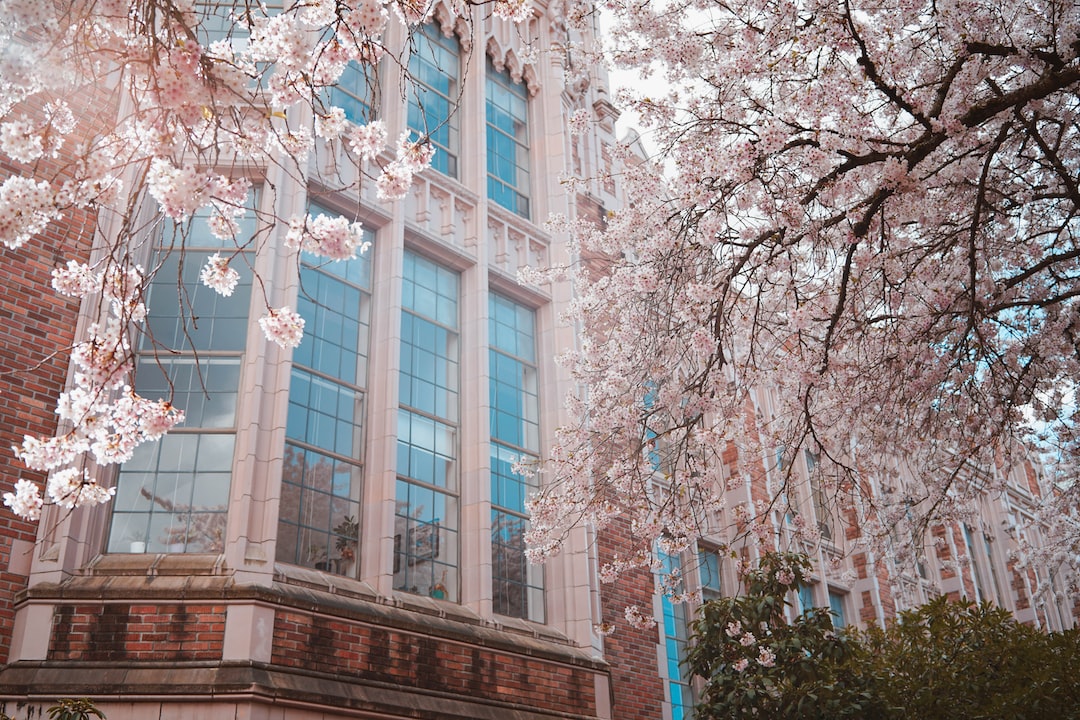Introduction
Table of Contents
Unveiling the intricate blend of languages spoken in Venezuela is like exploring a vibrant mosaic, pieced together by its rich past and the ebb and flow of cultures. Nestled in the northern reaches of South America, Venezuela’s linguistic spectrum is deeply rooted in its colonial chapter—Spanish reigning supreme as the legacy of Spanish rule. But the nation’s language story doesn’t end there; it’s further embellished by the tongues of indigenous populations and later, a melange of European settlers, crafting a symphony of dialects and idioms.
For those embarking on a Venezuelan journey, whether in academia or travel, a deep dive into the country’s varied languages is not just enlightening but a profound way to connect with its cultural heartbeat. This piece aims to guide you through the voices that resonate across Venezuela’s landscapes, tracing their origins, regional nuances, and the efforts to keep them alive, underscoring the critical role of language as a vessel of the Venezuelan spirit.
Official Language of Venezuela
History of the Spanish Language in Venezuela
Spanish etched its mark on Venezuela’s coasts with the arrival of explorers and settlers in the 1500s. With the rise of colonial hubs and the spread of Spanish governance, indigenous dialects gradually gave way to Spanish, which became the pillar of administrative and societal functions. The emergence of Caracas as a colonial nerve center further solidified Spanish as the linguistic mainstay.
Regional Variations of Spanish in Venezuela
The Spanish spoken in Venezuela is a colorful patchwork, reflecting the nation’s varied climates, terrains, and cultural intersections. Along the coast, the Spanish is infused with a Caribbean flavor, while the Andean highlands maintain a more traditional hold over the language. Such regional flavors enrich what language is spoken in Venezuela, painting a vivid portrait of its linguistic diversity.

Indigenous Languages in Venezuela
Major Indigenous Languages
In the shadows of Spanish, resilient indigenous tongues preserve the whispers of ancestral legacies. Venezuela remains home to languages like Wayuu, Warao, and Pemon, each echoing the unique stories and wisdom of their respective cultures.
Efforts to Preserve Indigenous Languages
Acknowledging these tongues as keystones of national heritage, Venezuela has seen a wave of preservationist zeal aimed at safeguarding them for posterity. From bilingual teaching in native communities to thorough research on vulnerable dialects, these initiatives are fortified by constitutional recognition, proof of a staunch commitment to protecting these linguistic treasures.
Italian, Portuguese, and Other European Languages
Influence of Immigration on Language Diversity
The 20th century ushered in new voices from Europe’s shores, with Italians and Portuguese amongst the prominent newcomers. They sowed the seeds of their languages amidst the Venezuelan vernacular, adding to the nation’s cultural tapestry.
Areas where European Languages are Most Common
The echoes of these European languages resonate strongest in the bustle of city life where immigrant enclaves have taken root. In cosmopolitan locales like Caracas and Maracaibo, the melodies of Italian and Portuguese embellish the air, mirroring the multicultural essence of Venezuelan society.

English Influence in Venezuela
English in Education and Business
Over time, English has claimed its place in Venezuela, emerging as a key asset in education and the corporate world. Schools teach it with fervor, and professionals polish their English fluency to thrive in a globally connected arena.
The Role of Media and Popular Culture
Furthermore, the allure of English-language media and pop culture has woven itself into the Venezuelan fabric. Songs, movies, and television series from the English-speaking world captivate audiences, fueling the language’s appeal, particularly among the younger demographic.
Caribbean Languages and Cultural Influence
Papiamento and Other Creole Languages
Venezuela’s Caribbean neighbors leave their linguistic imprint too, with creoles like Papiamento—a linguistic brew of Portuguese, Spanish, Dutch, and African elements—spicing up Venezuela’s coastal regions with their unique flair.
Cultural Exchange with Caribbean Nations
The exchange of rhythms, flavors, and words with Caribbean kin has been pivotal in molding both the Venezuelan language and its identity. This rich interplay is evident in common musical styles, shared culinary traditions, and even the daily chatter—a testament to the Caribbean’s interconnected fabric.
Understanding Venezuelan Language through Music and Arts
Traditional Music Genres and Language Use
One can trace the contours of Venezuela’s language scene through its pulsating music. Folk genres like Joropo, steeped in vibrant rhythms and lyrical poetry, are a celebration of the vernacular, harmonizing language with cultural expression.
Contemporary Venezuelan Artists and Language Influence
Today’s Venezuelan artists also shape the linguistic current, blending street slang, indigenous expressions, and borrowed English into their songs, mirroring the fluid linguistic scene of the nation.

Challenges in Language Preservation
Political and Economic Factors Affecting Language
Venezuela’s turbulent politics and economic trials cast a shadow over language conservation. The diaspora of Venezuelans may bring into question the vitality of local and indigenous languages in the years to come.
Role of Education in Language Preservation
Yet, education stands as a beacon for language preservation. The struggle remains, though, to make language learning widely available and well-supported—a critical safeguard for Venezuela’s linguistic inheritance.
Conclusion
The linguistic mosaic of Venezuela narrates the saga of a nation’s storied interactions with diverse peoples and cultures. Every language that thrums within its borders—from Spanish to the whispers of indigenous ancestry to the inflections introduced by European immigrants—is a strand in the tapestry of Venezuela’s identity.
Championing this linguistic plurality is not just about honoring a rich cultural past; it’s about sustaining the soul of Venezuela’s multifaceted communities. As explorers and aficionados delve into Venezuela’s myriad voices, there lies a shared duty to uplift and celebrate the many languages that resonate through this spirited land.
Frequently Asked Questions about Languages in Venezuela
What language is spoken in Venezuela?
The primary language spoken in Venezuela is Spanish. It serves as the official language of the country and is used in all official capacities, education, and media. However, the Spanish spoken in Venezuela is characterized by regional variations that add unique flavors to the language.
Are there indigenous languages spoken in Venezuela?
Yes, alongside Spanish, several indigenous languages are spoken by the different native communities. Some of the major indigenous languages include Wayuu, Warao, and Pemon. Efforts are underway to preserve these languages, with initiatives such as bilingual education and constitutional recognition in place.
Has immigration influenced the languages spoken in Venezuela?
Immigration has indeed enriched Venezuela’s linguistic diversity, particularly with the influx of Europeans in the 20th century. Languages like Italian and Portuguese are notable among the immigrant languages, especially within cities like Caracas and Maracaibo where immigrant communities have established a presence.
How prevalent is English in Venezuela?
English is becoming increasingly important in Venezuela, particularly in the realms of education and business. It’s taught vigorously in schools and is considered an essential skill for professionals. In addition, English-language media and pop culture have a significant influence, especially among the younger population.
What roles do music and arts play in the preservation of Venezuelan languages?
Music and arts are vital tools for reflecting and preserving the linguistic heritage of Venezuela. Traditional music genres, such as Joropo, celebrate the vernacular, while contemporary artists incorporate a mix of street slang, indigenous expressions, and English into their work, showcasing the country’s linguistic fluidity and creativity.